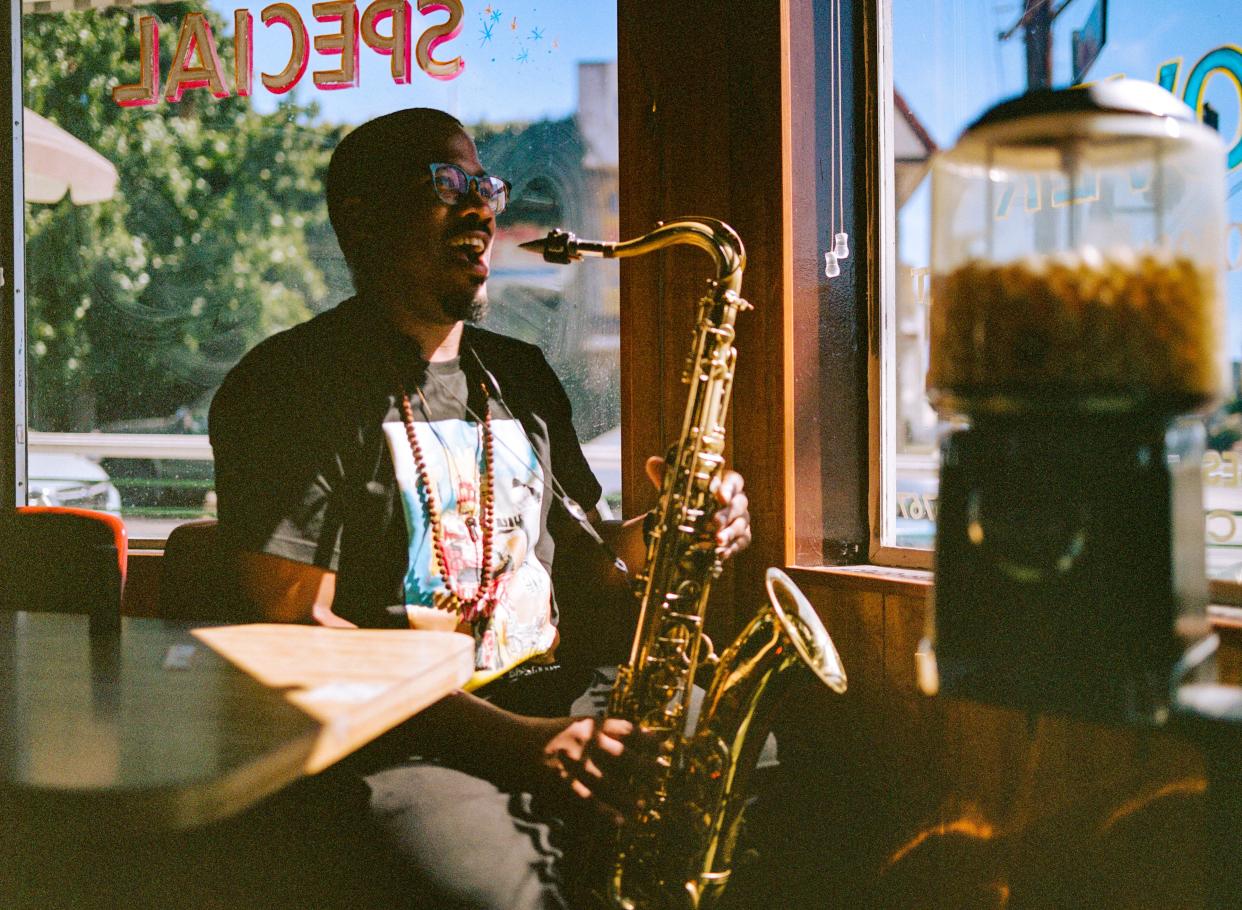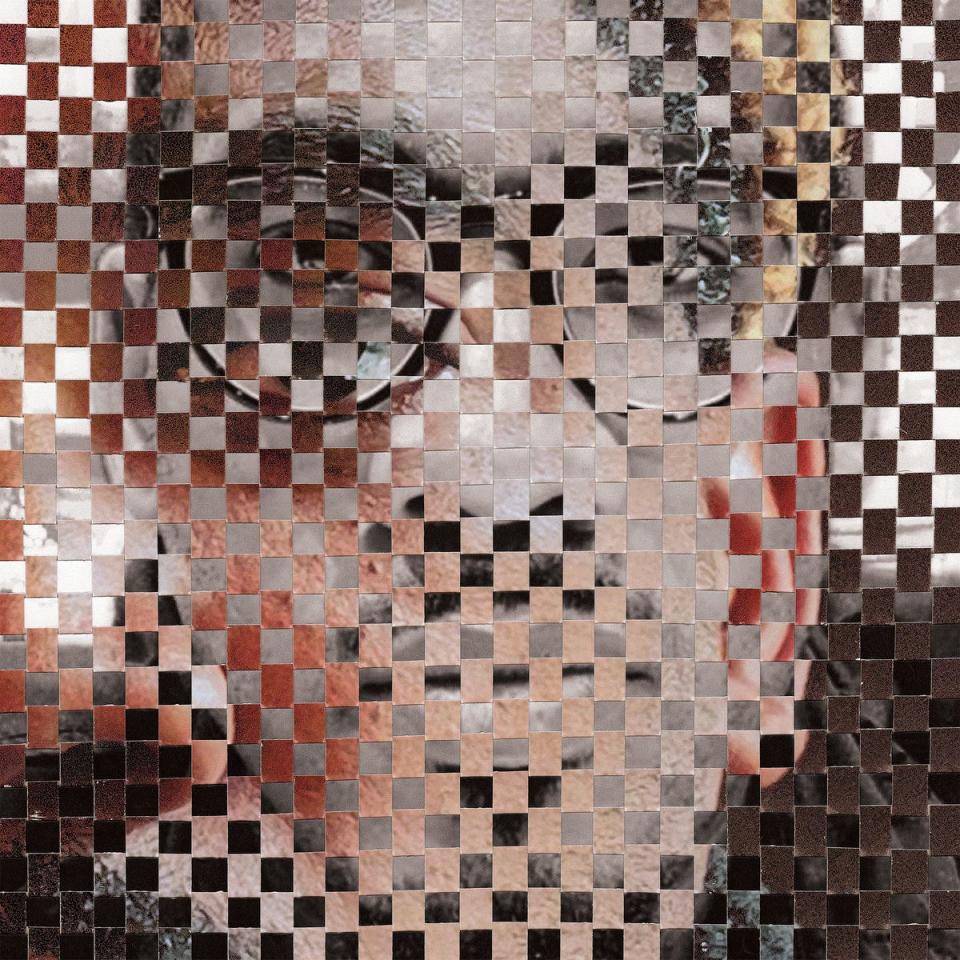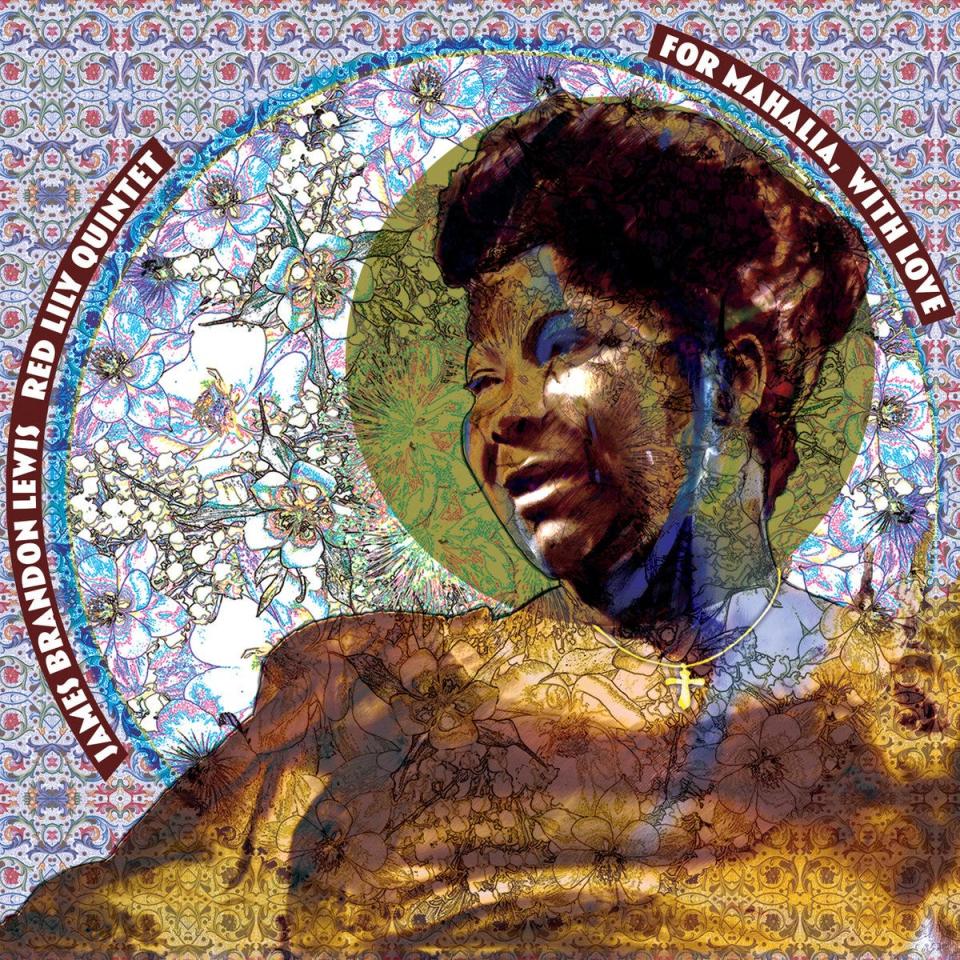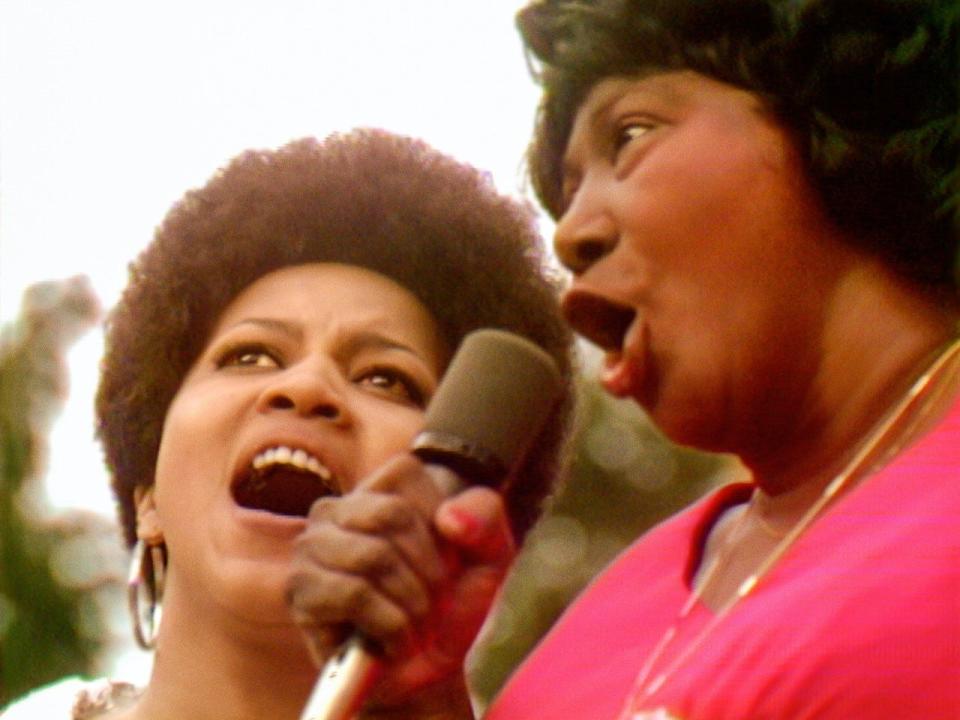James Brandon Lewis brings soul of jazz to Columbia Experimental Music Festival

There comes a moment, then another, on James Brandon Lewis' reading of "Swing Low" when he seems to be carrying on a conversation with himself.
The call, from Lewis' saxophone, resembles a velvet prayer. The response, also from his horn, arrives in notes brief, almost involuntary. They sound something like breath. Something like the amen completing the prayer and compelling another.
Turn on any of Lewis' music and tune into a never-ending conversation. The New York-based jazz luminary communes with family history and the musical record, with the inhibitions he sheds one note at a time, and with some version of himself still being sounded out — the James Brandon Lewis he's becoming.
For Lewis, every conversation is an embodied conversation.
"I like to have a foot in the past, a foot in the present — and my whole body in the future," he said.
Columbia music lovers can eavesdrop on this sacred discourse when Lewis leads his trio to next week's Columbia Experimental Music Festival.
Twinkling of an 'Eye'

Lewis carries a pair of 2023 records with him to Columbia. Both represent serious — and distinct — ripples in the pool of what we might call "spiritual jazz." The saxophonist can't help but approach his work with the restlessness of a prophet and consolation of a priest.
"When I listen to you, I listen to Buddha, I listen to Confucius … I listen to the deeper meaning of life," the lion Sonny Rollins once said of Lewis. "You are keeping the world in balance."
"Eye of I," released in February, is perhaps this year's true contribution to the greater jazz canon. Lewis' trio approaches the altar with some arrangements sounding like a sermon's crescendo and others evoking a sigh repeated across the generations. Some are birdsong, some thunder's fists beating against the black night air.
The very song titles themselves sound like a mystic's poems: "Within You Are Answers," "Send Seraphic Beings," "Fear Not."
"Veering from spiritual jazz aspects through to post-hardcore’s physical attack, he ... adopt(s) an almost genre-less approach to improvisatory music," Robin Murray wrote for Clash.
This artful bobbing and weaving not only situates Lewis in the line of Rollins and Coltrane, but calls up the excellence of authors like James Baldwin and Hanif Abdurraqib, whose words form poems and essays and, in Baldwin's case, novels; their words slipping form without ever losing the voice that made them.
"Eye of I" makes the listener believe that should they need an audience with God — whatever concept of God they hold — Lewis could play them through the big brass heavenly door.
Bridging the 'beautiful continuum'

As September arrived, so did "For Mahalia, With Love," an album-length ode to that great lady of gospel, recorded by Lewis' Red Lily Quintet. The album houses "Swing Low," "Deep River," "Elijah Rock" and a number of gilded standards.
Lewis speaks of Mahalia Jackson, and it looses other names on his lips — names of women who profoundly shaped his understanding of art and soul. He invokes other artists, the Albertina Walkers and Marian Andersons of the world. Mostly, he speaks of his grandmother, who found in Jackson's music a treasure and passed down the inheritance.
"Her excitement, her hearing Mahalia, is no different than the excitement of talking to somebody who said they heard John Coltrane or heard the Beatles," Lewis said. "... There is a sense of otherworldliness when you hear other people describe those experiences that ceases to be about entertainment."
Stepping toward the record, Lewis started with songs his grandmother cherished. He baptized himself in live albums, in documentaries and other interviews. But he makes one thing crystalline: this is not some expert's transcription of Jackson's music. Lewis still learns something new about Jackson, then about himself, daily.
Rather, he sought the true spirit of her work — to live inside that feeling, then translate it for listeners. Lewis compared this aim to the embodiment an actor might pursue.
"They’re not that person, but they have to have that lived experience," he said.
Sitting at the feet of Jackson's music, Lewis absorbed the things only she could do. He heard the remarkable nuance to her phrasing, and the way she might slide from one note to another by passing through an entire world of music. Lewis traced elusive rhythms Jackson seemed to invent on the spot, the notes she'd stress "almost like an announcement."
And he heard a beautiful weaving together of Biblical texts and melody defying traditional categories of improvisation. Jackson was "improvising with the vocabulary that was given to her scripturally," he said.

Conversing with Mahalia Jackson's angel kept Lewis working out his relationship to musical history. Jazz artists often speak of the past in reverent tones; Lewis is no different — beauty attends every mention of his elders.
But he also knows the weight of that history, and is wary of nostalgia. Nostalgia asks an artist to do the impossible, Lewis said: recreate the past.
He would rather play with time, he said. "Sparrow," which opens the Jackson record, unites "His Eye is On the Sparrow" with a Lewis original, allowing him to further pursue a motif that captivates him. The arrangement forms its own call-and-response, Lewis said.
And the song approaches one of Lewis' true aims: "bridging this beautiful continuum of powerful, singular voices" such as Jackson and other spiritual elders like Coltrane. He does so by understanding them, then honoring them with a facet of his presence.
"What all my albums really signify is me sharing a little bit of my voice," Lewis said. "Just a little bit — I don’t want a whole lot exactly. Just respect 5% of my voice. Just respect a little bit of who I am in there."
Others sometimes confuse Lewis' desire for self-discovery with shaking off the past, he said. What they don't understand is caring for his own voice is exactly how Lewis gives his ancestors their proper due.
"I would like to be myself," he said.
Live in Columbia
With two recent records and an entire back catalog in tow, Lewis only looks to strike one balance live.
"There’s a setlist, but I just try to play like it’s my last time playing," he said.
He will bring his trio to Columbia, which he called "my olive branch to my nieces and my nephews — Uncle can still be hip."
That band comes with three cardinal values, he said: energy, melody — which he described as a "mechanism to launch" — and groove. If those elements fall into place, and the trio plays with a "maximum amount of intention," the conversation will be well worth having.
James Brandon Lewis Trio plays with Kalia Vandever as part of the Columbia Experimental Music Festival at 6:30 p.m. Saturday, Nov. 4 at First Baptist Church. Find more info about the show, and a full lineup of CEMF events, at https://dismalniche.squarespace.com/cemf.
Aarik Danielsen is the features and culture editor for the Tribune. Contact him at adanielsen@columbiatribune.com or by calling 573-815-1731. He's on Twitter @aarikdanielsen.
This article originally appeared on Columbia Daily Tribune: Saxophonist's spiritual jazz hits Columbia Experimental Music Festival

